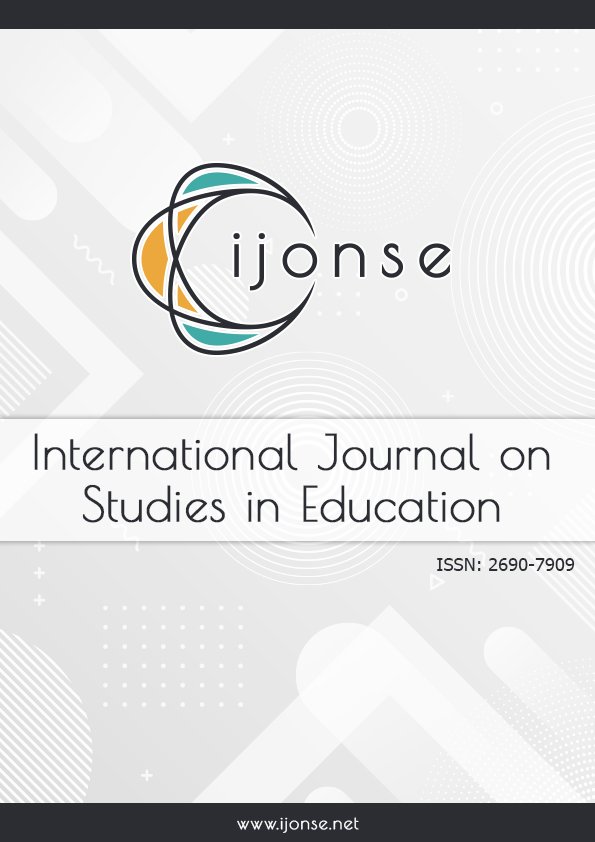Implementing Curriculum “More or Less” in Timor-Leste
DOI:
https://doi.org/10.46328/ijonse.148Keywords:
Curriculum reform, Scripted lesson plans, Timor-LesteAbstract
Curriculum reform is often oriented by top-down issues, particularly in implementing global imperatives around education. In post-colonial, post-occupied Timor-Leste, the most recent primary school curriculum (2014) has sought to reflect local needs and experiences and implement new content with learner-participatory strategies through scripted lesson plans. This study explores if and how teachers use these lesson plans, identifying patterns of pedagogical behaviour through classroom observation in nine schools. Short interviews with classroom teachers further revealed what understandings of the curriculum reform they brought to their work. The findings suggest that teachers are asserting some agency over the lesson plans in relation to how they perceive their local situation and needs of the students, but often omitting critical learning activities that are key features of the new curriculum. This bottom-up view suggests a basis for further reform, in this case, less scripting of ‘answers’, more focus on extending student language for new knowledge and professional development that focuses on specific pedagogical strategies.References
Quinn, M. (2023). Implementing curriculum “more or less” in Timor-Leste. International Journal on Studies in Education (IJonSE), 5(4), 476-495. https://doi.org/10.46328/ijonse.148
Downloads
Published
Issue
Section
License
Articles may be used for research, teaching, and private study purposes. Authors alone are responsible for the contents of their articles. The journal owns the copyright of the articles. The publisher shall not be liable for any loss, actions, claims, proceedings, demand, or costs or damages whatsoever or howsoever caused arising directly or indirectly in connection with or arising out of the use of the research material.
The author(s) of a manuscript agree that if the manuscript is accepted for publication in the International Journal on Studies in Education (IJonSE), the published article will be copyrighted using a Creative Commons “Attribution 4.0 International” license. This license allows others to freely copy, distribute, and display the copyrighted work, and derivative works based upon it, under certain specified conditions.
Authors are responsible for obtaining written permission to include any images or artwork for which they do not hold copyright in their articles, or to adapt any such images or artwork for inclusion in their articles. The copyright holder must be made explicitly aware that the image(s) or artwork will be made freely available online as part of the article under a Creative Commons “Attribution 4.0 International” license.

This work is licensed under a Creative Commons Attribution-NonCommercial-ShareAlike 4.0 International License.





